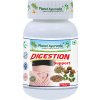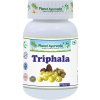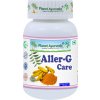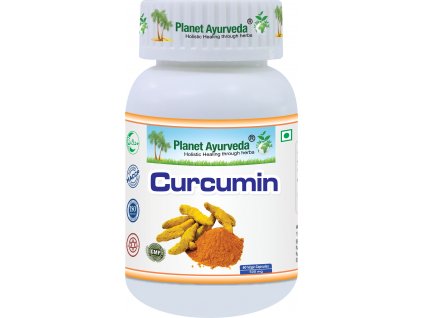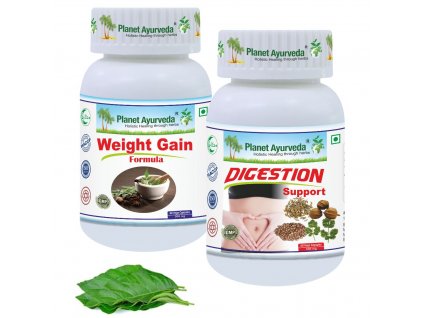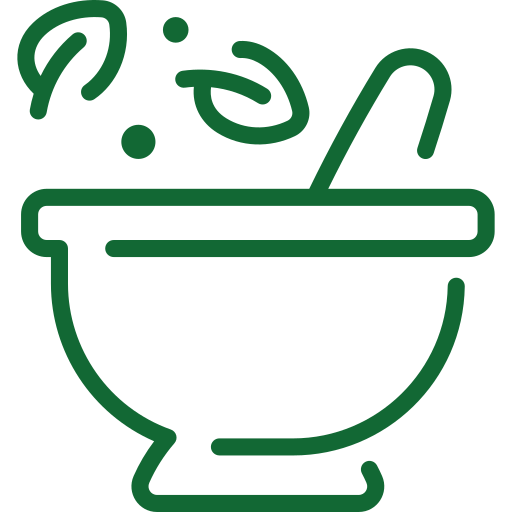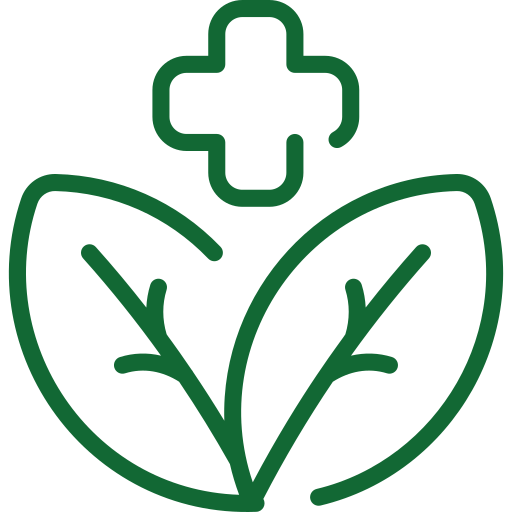Celiac disease
Celiac Disease - The Hidden Enemy of Your Guts
Celiac is a chronic autoimmune disease that affects the digestive system. This disease is characterized by intolerance to gluten, a protein found in grains such as wheat, barley and rye. Eating foods containing gluten damages the small intestine, which leads to various health complications. Symptoms of celiac disease can include digestive problems, fatigue, skin rashes, anemia, and problems with the digestive tract.
Causes of celiac disease:
From the point of view of modern medicine, the main cause of celiac disease is an immune reaction to gluten. After contact with gluten, the body produces antibodies that damage the small intestine and disrupt the absorption of nutrients. The result is chronic inflammatory bowel disease and the absorption of nutrients is weakened.
From the point of view of Ayurvedic medicine, celiac disease is often associated with an imbalance of the digestive fire or Agni. Insufficient Agni can lead to the accumulation of toxins in the body and disrupt the digestive process. Negative emotional states and stress can also affect digestion and worsen the symptoms of celiac disease.
Ayurvedic herbs to support celiac disease:
-
Ashwagandha: This herb helps strengthen the immune system and relieve stress often associated with celiac disease.
-
Neem: Contains antibacterial and anti-inflammatory ingredients that help detoxify the body and reduce inflammation in the digestive tract.
-
Shirish: It has anti-inflammatory effects and helps reduce inflammation in the digestive tract.
-
Curcumin: With its anti-inflammatory properties, it helps in the treatment of damaged intestines.
-
Amalaki (Amla): Contains antioxidants and vitamin C, which strengthen the immune system.
-
Triphala: This is a blend of three herbs (Amla, Haritaki and Bibhitaki) that help in digestion and detoxification of the body.
-
Fennel: Helps with digestion and alleviates digestive problems.
-
Coriander: It has anti-inflammatory effects and supports the digestive system.
-
Piper (Piepor): Helps improve the absorption of nutrients.
-
Caraway: It has anti-inflammatory properties and helps to heal the intestine.
Diet for celiacs:
Celiac disease is an autoimmune disease caused by intolerance to the gluten protein found in grains such as wheat, barley, rye and oats (due to possible contamination). It is important for people with celiac disease to follow a strict gluten-free diet to minimize damage to the small intestine and improve overall health.
Suitable foods for celiacs include:
-
Gluten-free grains and flours: Brown rice, quinoa, corn, amaranth, buckwheat, tapioca, coconut flour and gluten-free oat flour (guaranteed free of gluten contamination).
-
Legumes and proteins: Beans, lentils, chickpeas, tofu, eggs, meat, fish and poultry.
-
Dairy products: Most dairy products, such as milk, yogurt and cheese, are gluten-free. However, watch out for dairy products with added gluten ingredients.
-
Fruits and vegetables: They are gluten-free and an excellent source of vitamins and fiber.
-
Oils and fats: Vegetable oils such as olive oil, coconut oil and avocado oil are gluten-free and suitable for cooking.
-
Nuts and seeds: Almonds, walnuts, hazelnuts, peanuts, sunflower seeds, flax seeds and chia seeds are gluten-free and an excellent source of healthy fats and proteins.
-
Gluten-free bread and pasta: Gluten-free bread and pasta made from alternative flours and grains are available on the market.
-
Gluten-free sweets: Gluten-free desserts, muffins, cakes and cookies are available at the market or you can try making them at home with gluten-free flours.
When consuming food, you should read labels and look for "gluten-free" or "gluten-free" certificates. It is also important to ensure that food is not prepared on a surface that has been in contact with gluten products.
Celiac disease is a serious disease, so it is important to follow a gluten-free diet to minimize damage to the gut and improve overall health.

